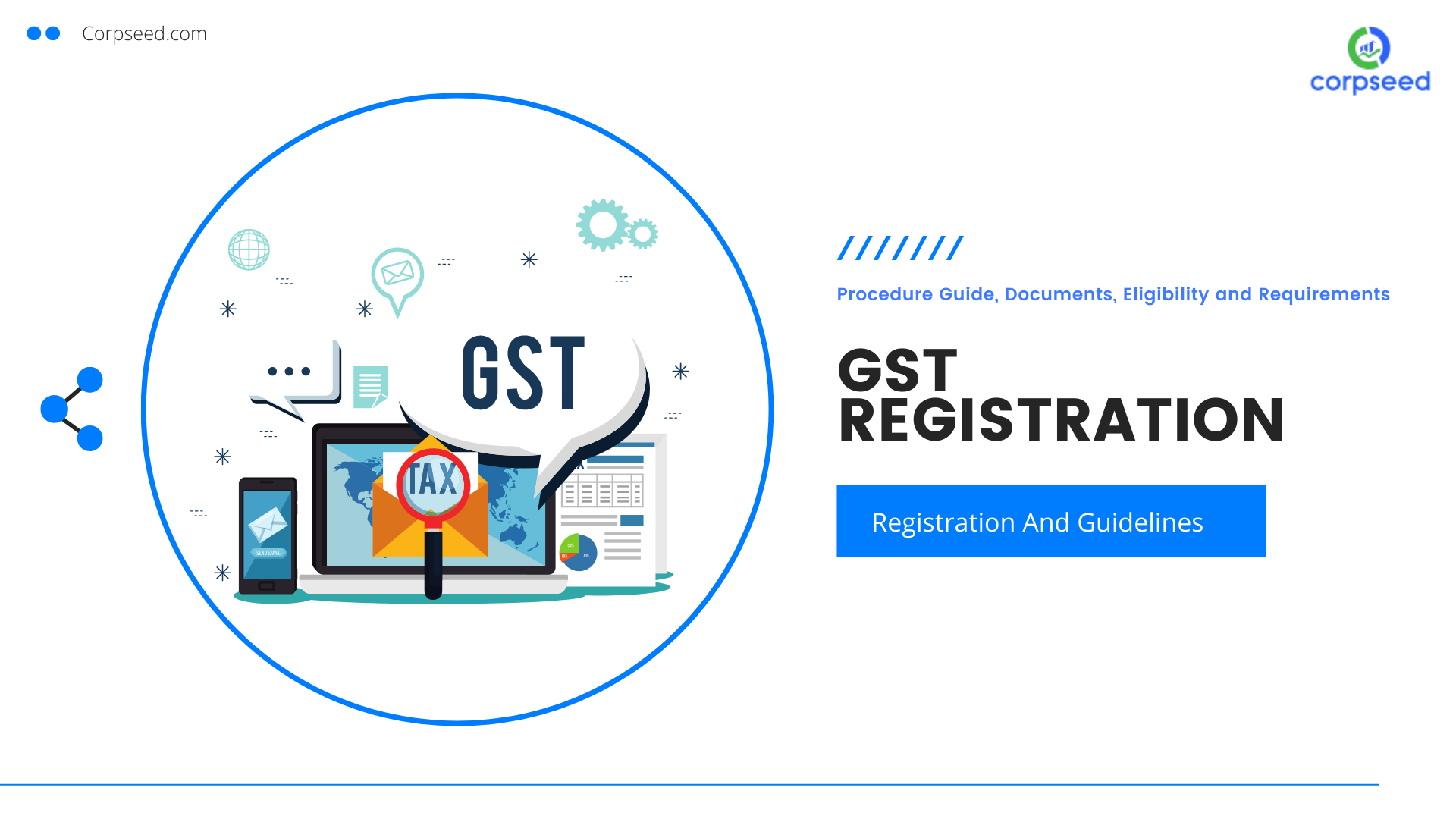How to Locate the Best GST Registration Services in Singapore Rapidly
How to Locate the Best GST Registration Services in Singapore Rapidly
Blog Article
From Beginning To End: The Ultimate Roadmap to GST Enrollment for Services Looking For Financial Stability
Browsing the intricacies of Item and Provider Tax Obligation (GST) enrollment is an important action for companies making every effort for financial security. Breaking down the roadmap into convenient steps can enhance the registration trip for organizations looking to boost their economic standing.
Comprehending GST Fundamentals
Looking into the essential concepts of Goods and Services Tax Obligation (GST) is important for gaining a detailed understanding of its ramifications on organizations and the economic climate. GST is a value-added tax obligation imposed on the majority of goods and services for domestic usage. It has actually replaced several indirect taxes that existed in the pre-GST era, streamlining the tax obligation framework and improving convenience of doing organization in India. Under the GST system, both goods and services are taxed at a specific rate, which is identified based upon their classification. Services are required to register for GST if their yearly turnover exceeds the threshold limit set by the federal government. Input Tax Obligation Credit Scores (ITC) is a considerable feature of GST, allowing services to declare credit score for tax obligations paid on inputs, minimizing the total tax obligation burden. Understanding the fundamentals of GST is critical for companies to adhere to tax guidelines, handle their funds successfully, and add to the nation's economic development by taking part in a transparent tax obligation system.
Eligibility Criteria for Enrollment
To register for GST, organizations have to satisfy particular eligibility standards established by the federal government. The key eligibility demand is that any organization involved in the supply of items or services with a yearly accumulation turnover over the threshold restriction set by the authorities have to register for GST. Since the present policies, the threshold limitation for GST enrollment is a yearly aggregate turn over of 40 lakhs for services running within a state, besides unique classification states where the limit is 20 lakhs. In addition, specific organizations are called for to sign up for GST regardless of their turnover, such as interstate vendors, informal taxable individuals, and businesses reliant pay tax obligation under the reverse cost mechanism. It is crucial for companies to completely analyze their turn over and deal types to determine their GST enrollment obligations accurately. Failure to register for GST when eligible can cause fines and legal effects, making it important for organizations to stick to the defined qualification standards.
Documents Required for Registration
Having actually met the qualification criteria for GST enrollment, businesses need to now guarantee they have the requisite documents in location to continue with the registration procedure More about the author successfully. The files required for GST enrollment normally consist of evidence of organization constitution, such as collaboration act, registration certificate, or incorporation certificate for different types of services. Furthermore, companies need to offer documents developing the primary location of service, such as a rental arrangement or electrical power costs.
Step-by-Step Registration Process
Beginning the GST registration process involves a series of organized actions to make sure a smooth and compliant registration for companies. The initial step is to see the GST website and fill in the enrollment form with accurate information of the organization entity. Following this, the candidate gets a Temporary Referral Number (TRN) which is utilized to resume the application process if it's not finished in one go.
Following, all needed papers according to the list offered by the GST portal requirement to be submitted. These records usually consist of evidence of company address, enrollment and identity evidence of promoters, financial statements, and company entity's frying pan card.

Post-Registration Compliance Guidelines

Conclusion
To conclude, organizations looking for financial security should comprehend the fundamentals of GST, satisfy eligibility standards, collect essential documents, comply with the step-by-step registration process, and follow post-registration guidelines - Best GST registration services in Singapore. By sticking to these steps, companies can make certain conformity with tax policies and maintain financial stability in the future
Furthermore, specific businesses are called for to register for GST irrespective of their turn over, such as interstate vendors, casual taxable individuals, and businesses accountable to pay tax under the reverse cost system.Having actually met the qualification standards for GST enrollment, organizations must currently guarantee they have the requisite documents in place to proceed with the enrollment procedure efficiently. The records needed for GST registration usually include evidence of company constitution, such as collaboration act, enrollment certificate, or incorporation certification for various types of organizations. Additionally, businesses need to provide papers developing the major place of business, such as a rental agreement or electricity bill.Beginning the GST registration process entails a collection of structured steps to make sure a compliant and seamless registration for companies.
Report this page